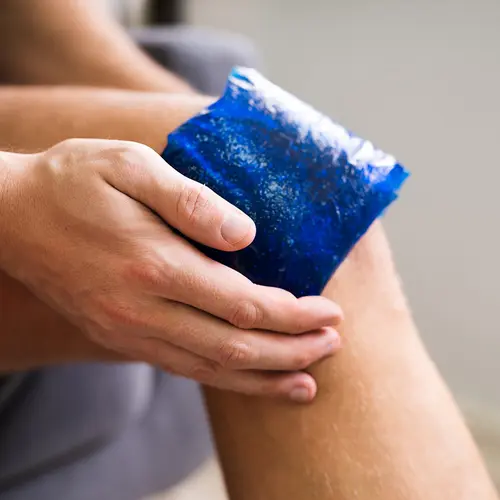If you have psoriatic arthritis (PsA), you already know about joint pain and skin problems. But you might be surprised to learn that PsA can affect your health in other ways, too. The same inflammation that attacks your skin and joints can cause trouble in other parts of your body. PsA treatments may help prevent some of these problems. But the best way to help stop complications is to stay active, eat right, and stay at a healthy weight.
Diabetes
PsA ups your chance of type 2 diabetes by more than 40%. Type 2 diabetes usually happens because your body doesn’t use insulin as well as it should. That means your cells can’t use sugar as well, so it builds up in your blood. There are a few reasons this might happen in PsA. One could be inflammation. Your lifestyle also plays a big role in type 2 diabetes. When you’re not active or don’t eat a healthy diet, it’s harder to keep your blood sugar in a normal range.
Heart Disease
With PsA, you’re more likely to have heart problems than other people. If you’re overweight or have diabetes, your risk is even higher. Some doctors believe the link between PsA and heart disease is inflammation. It may cause fatty deposits called plaques to build up inside your blood vessels. This makes the vessels narrower, so your heart has to work harder to move your blood. Sometimes the plaques break off and cause a clot. This can trigger a heart attack or stroke. Researchers are still studying the role of inflammation in heart disease.
It’s a good idea to focus on the steps you can take to prevent heart disease:
- If you smoke, stop.
- Watch your weight.
- Control your blood sugar.
- Get some exercise every day.
- Eat a heart-healthy diet.
Inflammatory Bowel Disease (IBD)
There are two types of IBD: ulcerative colitis and Crohn’s disease. Both cause inflammation in your digestive tract. Symptoms often include cramping, pain, and severe diarrhea. You might also lose weight and feel tired most of the time.
IBD and psoriatic arthritis share certain genetic features that make you more likely to have the conditions. But the biggest link between the two conditions is inflammation. Some of the proteins that cause inflammation and trigger PsA are also involved in IBD. That’s why certain medicines, like TNF blockers, may help both conditions. But be aware that other PsA drugs can cause IBD or make it worse. Talk to your doctor about the safest medicines you can take and about lifestyle changes that can help with your condition, like a healthy diet, regular exercise, and easing stress.
Mood Disorders
It’s no surprise that depression is common in people with PsA. It’s not always an easy disease to live with. But there’s another reason you may feel down. The same proteins that trigger inflammation in PsA also cause changes in the brain. These changes can lead to depression and other mood disorders.
You might think that the same medicines that help lower inflammation in PsA would also lift your mood. But that may not always happen. If you feel sad most of the time or don’t enjoy things you used to, tell your doctor. They may suggest you talk to a counselor or therapist.
Spondylitis
This is a type of arthritis that causes inflammation in the bones of your spine. You’re most likely to have pain and stiffness in your lower back, where your spine and pelvis meet. Sometimes you might get inflammation in the joints in your shoulders or chest. No matter where you have symptoms, they often come and go. For instance, you might be stiff when you wake up, but feel better once you move around. With severe spondylitis, some of the bones in your spine can fuse together. That can make it hard to bend your back. In severe cases, you might have a stooped posture. This is more common in a different but related disease called ankylosing spondylitis. Still, exercise is important. It relieves pain and stiffness and helps your posture.
Uveitis
PsA can cause many eye problems. Uveitis is one of the most common. It causes inflammation in your eye. Symptoms like pain, redness, and blurry vision can come on fast and lead to vision loss if you don’t address them right away. So be sure to let your doctor know ASAP if you notice them.

